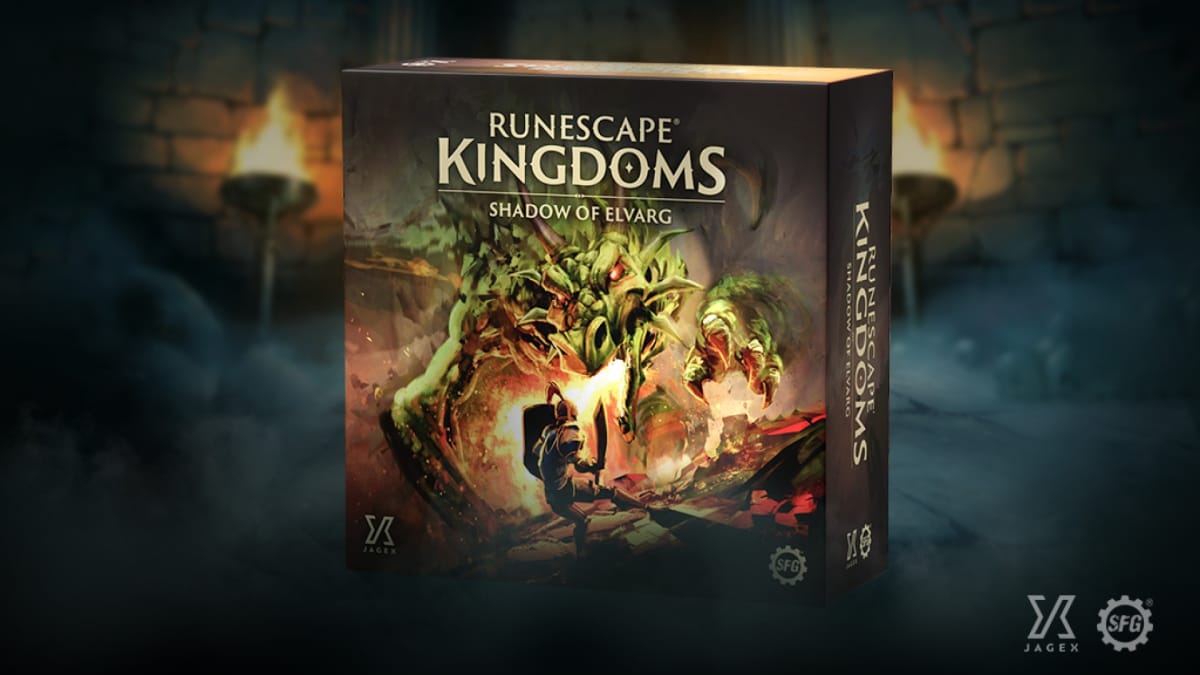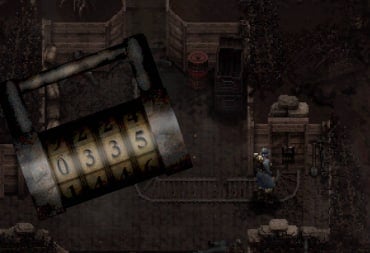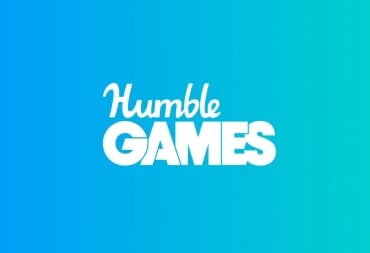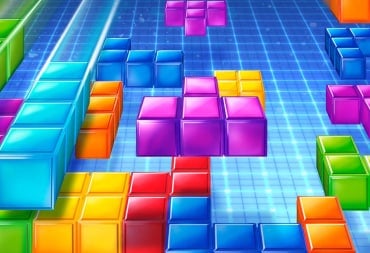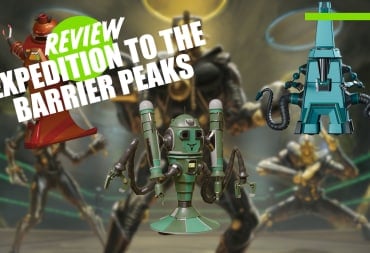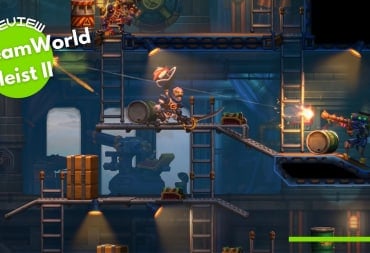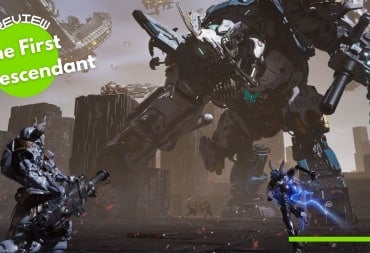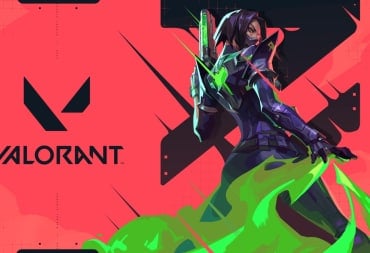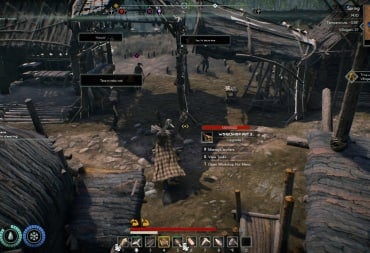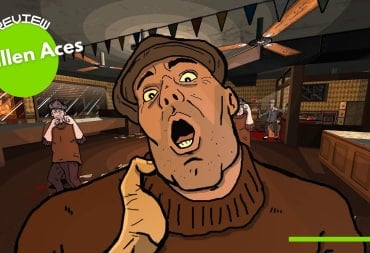Recently, Steamforged Games announced that they were working on Runescape Kingdoms: Shadow of Elvarg. This is an officially licensed board game based on the fantasy MMO developed by Jagex. It is a game I've put more than my share of time into during my teenage years to the point that I could walk through the Misthalin Kingdoms in my sleep.
Because of this, I was beyond excited when Steamforged Games scheduled an online preview of Runescape Kingdoms through the magic of Zoom and Tabletopia. A little over an hour later, I was completely sold on the developers take on the material.
What Is Runescape Kingdoms?
Runescape Kingdoms is a co-op narrative driven board game. You and up to four other players pick an adventurer you want to play as: The Knight, The Archer, The Wizard, The Skiller, etc. and take turns exploring the world map. They can choose to either forward the main quest by going to locations mentioned on the quest's board and fulfilling their criteria, or explore on their own, collecting resources and completing side quests. Like the Runescape game, while the adventurers start with different stats, there are no restrictions on what skills you can improve.
As the demo began, the host of the game talked about how the team aimed to emulate the freeform style of the Runescape MMO while ensuring there was a natural start and end point for a board game campaign. To this end, the team at Steamforged are focusing on several major mid to late game quests to make into full narrative campaigns, while the earlier, more offbeat quests have been introduced as side quests.
For a Runescape veteran, the experience was downright magical. The campaign we played for the demo was Vampyre Slayer. As the name implies, it is a straightforward adventure where you attempt to stake the vampire Count Draynor, ending his reign of terror. But in addition, I was able to improve my thieving skills by completing the side quest Goblin Diplomacy.
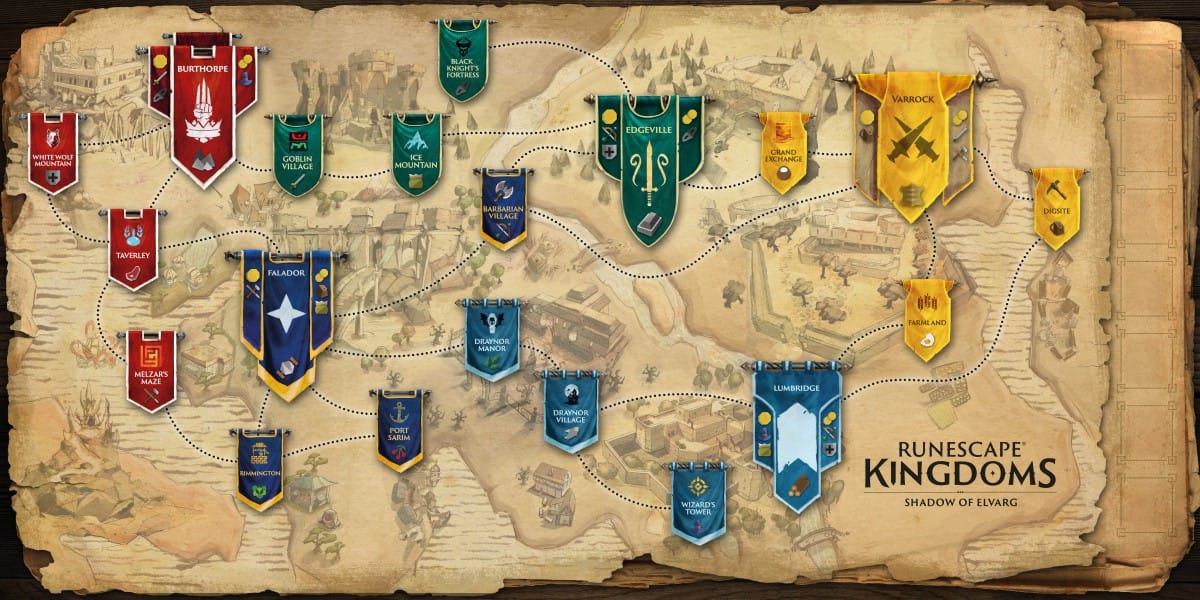
How Do Skills and Crafting Work in Runescape Kingdoms?
While there is a narrative for players to invest in, this is still a game set in the world of Runescape; exploration and crafting are going to happen. To this end, the skill and experience system is streamlined across the board. Whenever you attempt a skill, you compare your skill level to check's complexity level. You then roll a number of d10s – 2 if your skill level matches the complexity level, 3 if you exceed it – and see if any of the results rolls the target number or higher. All you need is a single success in order to pass the check. You always roll at least one d10, even if you don't match the complexity level. Pass or fail, you get an experience token for that skill. Get three tokens in that skill, and your skill level permanently increases.
This is how every single skill in the game is resolved. Additional d10s are added and the target number is lowered depending on what gear you have equipped. Even if you don't have the required skill level, you can still attempt to roll, just with a single d10. Best case scenario, you succeed and get a reward. Worst case scenario, you get experience for trying. According to Steamforged, this was to eliminate hard barriers and give players a chance at success, albeit a small one.
As for crafting, that is straightforward as well. Every named location on the map have symbols associated with them like wood or fish. This means you can collect raw materials to craft or improve items. Much like in the original game, weapons and armor start at Bronze and can be upgraded all the way up to Dragon with raw materials. Finally, players can trade with one another, both on a peer-to-peer basis if they are in the same location on the map, and through the group bank found at the major capital cities like Edgeville, Burthrope, Varrock, Lumbridge, and Falador. Much like a Runescape clan, this is how Skillers can help contribute to the team effort by making sure the rest of the crew has the best stuff.
How Do The Campaigns Work in Runescape Kingdoms?
As the main quest of Vampyre Slayer progressed, there was a greater sense of urgency than in the fantasy MMO. This is because Steamforged have worked closely with the developers of Jagex on re-imagining the narratives of some of these quests. Some of these changes are necessary for adaptation. For example, the Vampyre Slayer storyline was a static MMO quest: Find items, go to boss room, beat boss with items. In the board game, there are event cards that are played as turns progress, narrating Count Draynor's killing of innocents and causing dynamic changes to the board. This doesn't just make him a more active enemy, it adds a ticking clock to the adventure, giving the board game sessions a natural stop and end point.
Some of those changes are Steamforged's attempt at original storylines. The biggest one mentioned is that the third campaign in the base game will involve an enemy all endgame players are familiar with: TzTok-Jad. In the Runescape game, Jad was the final battle in the Tzhaar City Fight Caves, and he was just a massive lava monster that dropped a sweet Fire Cape upon completion. But in Runescape Kingdoms, there will be a campaign focusing on the Cult of Fire trying to turn the power of Jad to their own ends. In fact, the Cult's very activity was seeded in my demo with them appearing in a side quest.
As for the fate of the adventuring party, this is where the dynamic of the demo shifted. While the first part of the campaign centered around exploration and gaining key items in the overworld, the second part was a boss battle against the vampire. Various game boards flipped over to represent the basement of Draynor Manor with a small grid map for the party and the boss to manuever in.
It is here where the different mechanics came together for a boss fight. Magic was used for long-range attacks to great effect. Skeletons arose from the crypt to attack the party. Finally, the Skiller had a chance to shine by attempting to break open Count Draynor's coffin.

How Does Runescape Kingdoms Adapt The Videogame?
As the Runescape Kingdoms' demo concluded, there were a few streamlined elements that I appreciated. First, the party's health wasn't calculated individually, but as a group. This was done to cut down on on healing item micromanagement and keep the group engaged. Second was the use of initiative cards. These could be manipulated in order to disrupt Count Draynor's different attacks and even plan against his moves. In addition, Magic is just a standard skill roll, no need to manage many different types of runes for certain spells.
This did lead into a conversation about the various challenges of adapting the world of Runescape into Steamforged's distinct, bespoke board game experience. For example, certain exploration events had to fit Runescape's mix of epic fantasy and absurd irreverence. While I didn't see them in my demo of the game, it was confirmed that certain random events like The Sandwich Lady and the Evil Chicken were lurking inside the deck. As for whether or not The Order of the Cabbage will make an appearance, we'll see.
In addition, the various expansions would introduce additional characters and mechanics. For example, The Wilderness expansion will introduce the King Black Dragon and Bob The Cat as well as some form of player-versus-player content. The Tzkal-Zuk expansion will introduce runecrafting to give more diverse utility to mages like High Alchemy or Bones To Bananas. A Kickstarter exclusive expansion will include the Culinaromancer from Recipe For Disaster, which will introduce not just a bespoke boss fight but events where he will pop on the game board creating burnt cake golems or freezing people.
But they were also quick to point out that they want to be sure that if they included references or content players are familiar with that they wouldn't be half-hearted. They explicitly mentioned certain beloved areas and content, The Barrows Brothers, The Mahjarrat Storyline, and the God Wars Dungeons specifically, were intentionally left out so that they could potentially do them justice with bespoke expansions.
Above all, Steamforged were in constant contact with Jagex about what elements of the lore and the overall story they should treat with respect. Runescape has its silly moments like the secret terrorist organization of intelligent penguins called the KGP, but it also has genuinely emotional storylines like the One Piercing Note quest or the Death of Guthix. Because of this, Jagex helped Steamforged navigate this texture of their world to ensure that this board game would not infringe upon that distinct tone.
I left my brief time with Runescape Kingdoms excited. Steamforged Games clearly have a love for Jagex's fantasy world, but they've also put their own narrative spin on the property. As for how well that excitement will translate to the full version, that will have to wait.
Runescape Kingdoms: Shadow of Elvarg's Kickstarter campaign is live right now. It concludes June 10.
Previews you can trust: To ensure you're getting a fair, accurate, and informed review, our experienced team spends a significant amount of time on everything we preview. Read more about how we review games and products.
Have a tip, or want to point out something we missed? Leave a Comment or e-mail us at tips@techraptor.net
